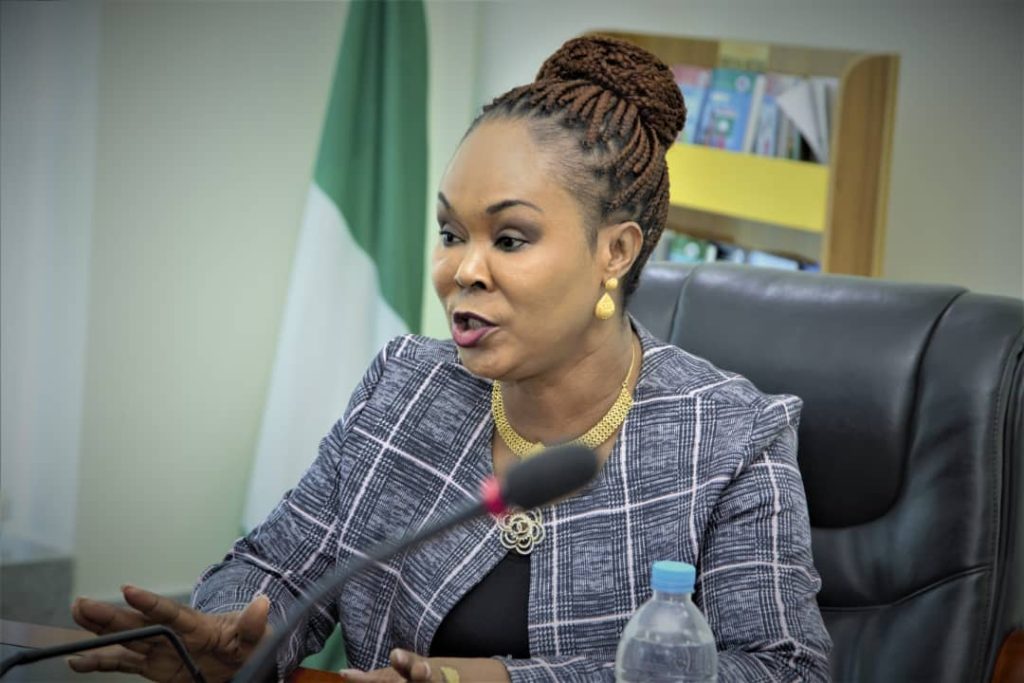
Representatives of Women Affairs Commissioners from across six geopolitical zones have committed to spearheading policies that promote women’s economic empowerment at the grassroots level, aimed at enhancing national development.
This pledge was made during a two-day forum held in Abuja, where state Commissioners of Women Affairs gathered to discuss the implementation of the national policy on women’s economic empowerment. The forum was organized by the National Institute for Policy and Strategic Studies in collaboration with the Development Research and Projects Centre.
The National Women’s Economic Empowerment (WEE) policy and action plan, launched in May 2023, offers a comprehensive strategy to redefine the Federal Government’s approach to advancing women’s economic empowerment by leveraging diverse perspectives and methods.
Local adaptation of the National Women Economic Empowerment Policy is crucial for achieving sustainable economic growth and narrowing gender disparities at both subnational and national levels.
The forum is part of a continuous endeavor to ensure that all states in Nigeria embrace and implement the National WEE policy, enhancing access to finance, capacity building, equipment, foreign markets, and skills development.
Addressing the audience, the Minister of Women Affairs, Uju Kennedy-Ohanenye, urged governments at all levels to invest in the economic advancement of women, emphasizing the importance of providing financial resources and tools at local levels to alleviate poverty among Nigerian women.
“We must adopt a pragmatic approach and create opportunities for Nigerian women to thrive. Access to machinery, resources for processing, financial support, and market entry are essential for women’s growth,” she emphasized.
The Minister revealed that fifteen states have received adequate resources for rice production and processing, as part of the government’s efforts to enhance food security and diminish poverty among women.
Dr. Ini Adiakpan, the Commissioner for Women Affairs and Social Welfare in Akwa Ibom state, stressed the necessity of a policy framework to drive the implementation of women’s economic empowerment initiatives.
“A clear policy direction is vital to motivate policymakers and implementers to effectively execute economic empowerment programs for women. To achieve gender equality and eradicate poverty among women, we must evaluate the impact of empowerment initiatives,” she asserted.
During her address, Dr. Judith-Ann Walker, the Executive Director of the DRPC in Nigeria, announced the commencement of the domestication process starting with seven states, with plans to include eight more states in supporting the implementation of the National WEE policy.
“In conclusion, I draw attention to the NIPSS Report Senior Executive Course 43, of 2021, which underscores the importance of strengthening policy implementation at subnational levels and offers various strategies for effective implementation,” Dr. Walker emphasized.
Prof. Ayo Omotayo, the Director-General of the National Institute of Policy and Strategic Studies, expressed optimism about the transformative potential of the National WEE policy in enhancing women’s economic status and promoting their active involvement across various economic sectors.
“This requires a collective effort from all stakeholders to ensure the success of WEE goals. Through this forum, we aim to engage in productive conversations for effective action in implementing the WEE program at subnational levels,” he highlighted.
Adding to the discussion, Fatima Faruk, the Senior Special Adviser to President Bola Tinubu on Women Affairs, highlighted the importance of empowering women in driving economic productivity and innovation, ultimately leading to societal progress.
